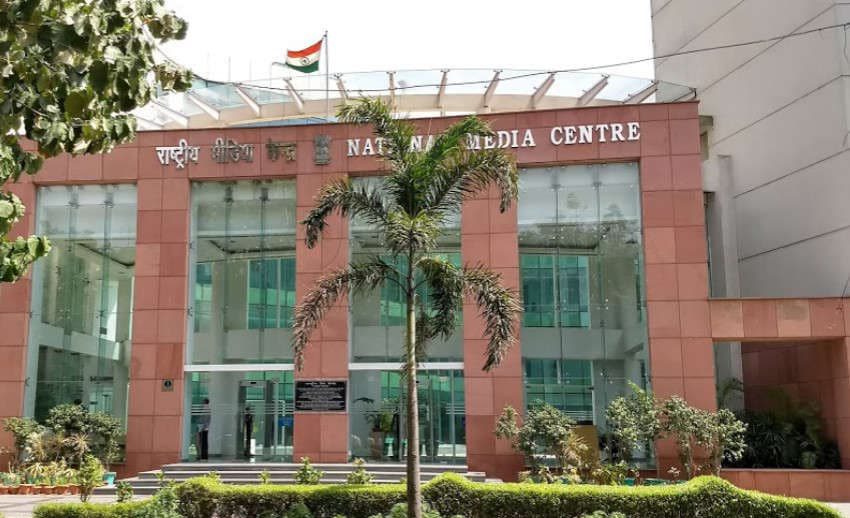The government of India has reacted strongly to a story carried by the daily “The Hindu” on incomplete trails of Nano urea. The govt sources have cited details of field trials carried out and rubbished the story as “misleading.”
A leading national daily has carried a misleading news report alleging that “Nano Urea has been fast tracked for approval despite incomplete trials”. The news report is erroneous, mis-informed and presents a partial view of the existing facts and data available on the subject.”
It has been wrongly quoted in the news report that the process has been “fast tracked”. It is clarified that the established and existing procedure for registration of any fertilizer for notification as per Fertiliser Control Order (FCO), 1985 has been fully accounted for.
Nano Urea has been notified provisionally under FCO based on existing procedure for introduction of fertilizers under FCO, 1985 which requires data from only two seasons. Nano Urea has been provisionally notified under FCO based on encouraging results and feedback received from scientists of ICAR and State Agricultural Universities. The Central Fertilizer Committee (CFC), Ministry of Agriculture & Farmers Welfare (MoA & FW) has also recommended it based on data and due deliberations in this regard.
In addition, the Department of Biotechnology (DBT) has also been referred to for safety & biosafety issues. It is only after satisfaction with regard to efficacy, biosafety and biotoxicity that Nano Urea has been brought under FCO as a separate category of Nano fertilizer.


For evaluation of Nano Urea, premium ICAR research institutes and state agricultural universities have been at the vanguard of Nano urea trials. Different aspects associated with crop productivity; reduction in fertilizer dosage, farmers profitability have been addressed through these trials.
Summary of results of application of Nano urea – liquid (Nano N) across different locations and agro-climatic regions has revealed that foliar application of Nano urea at critical growth stages of crops like Rice, Wheat, Maize, tomato, cucumber and capsicum etc., lead to reduction in application of nitrogenous fertilisers and also increase yield in range of 3-23 % in wheat; 5- 11 % in tomato; 3-24 % in paddy / rice; 2-15 % in maize, 5 % in cucumber and 18 % in capsicum.
Science and scientific endeavours are a continuous process and significant efforts go in the process from concept to translation stage. Nano fertilizers are novel in the way that they provide immense opportunity in terms of addressing the challenges being faced by intensive agriculture practices currently underway which are ultimately harming the soil, air and water in the long run.
It is therefore prudent that Nano fertilizers like Nano urea are holistically viewed in perspective of declining nutrient use efficiency (NUE) of chemical fertilizers and alternative solutions that need to be made available to farmers.
The PIB release gives in detail all the trails done both season wise and crop wise.














































